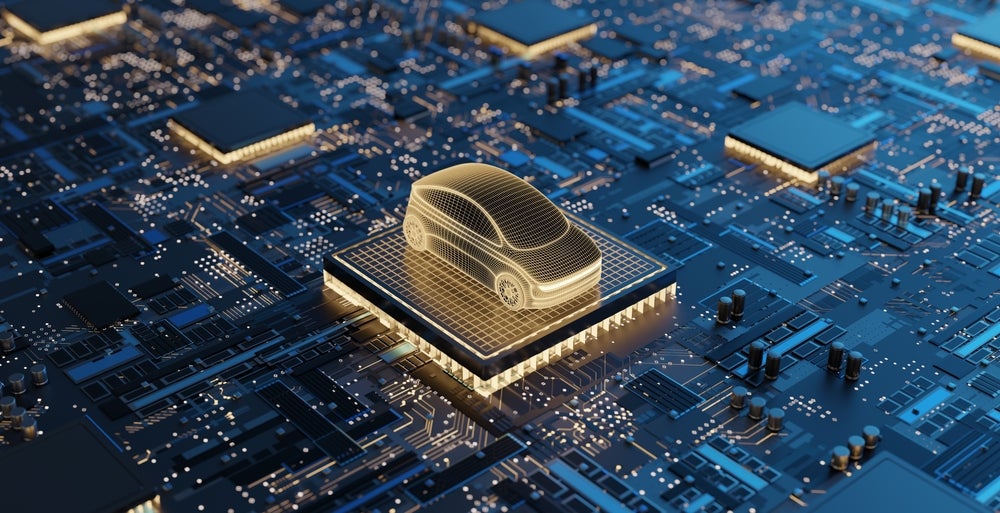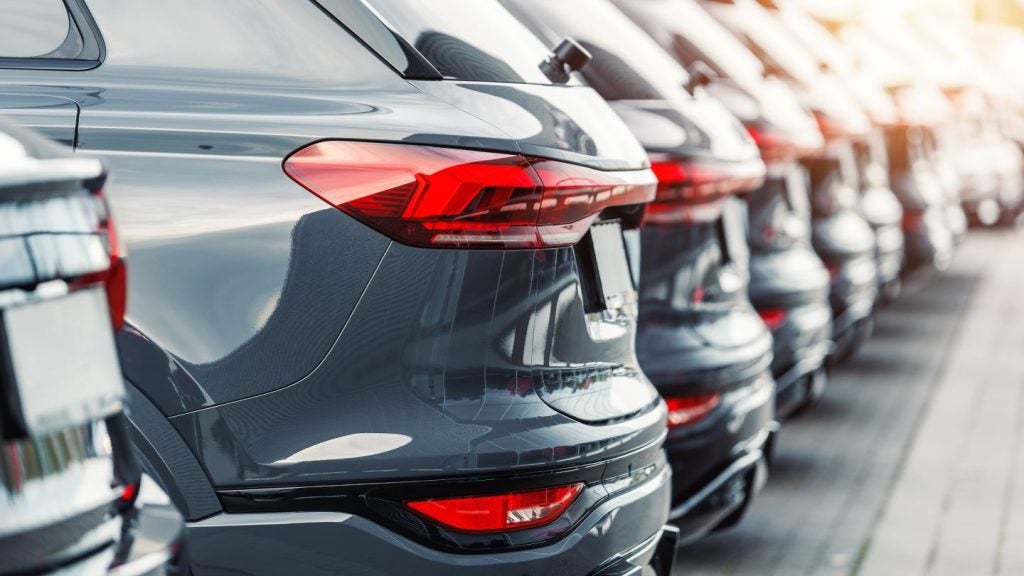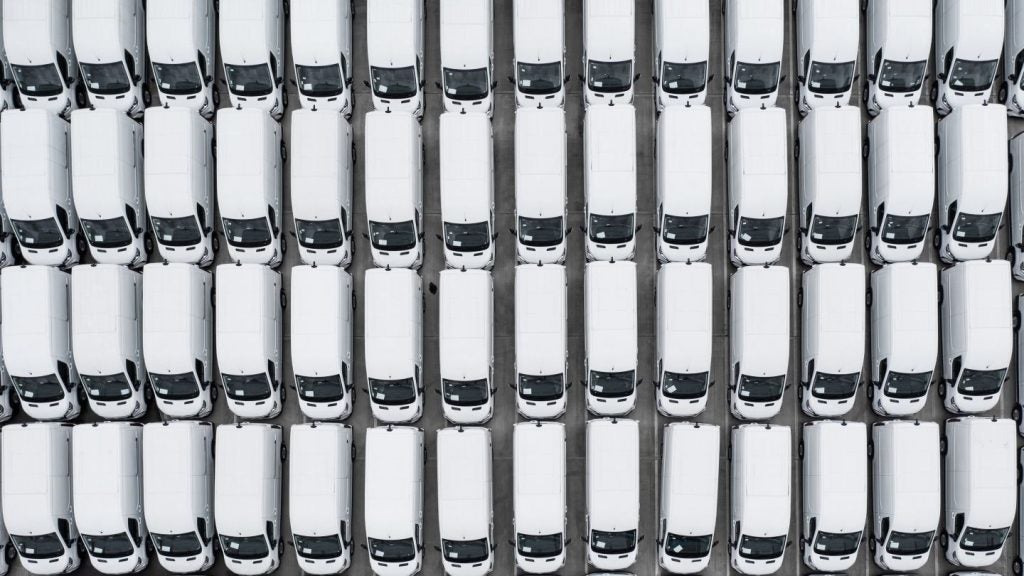
A quantum battery is a cutting-edge technology that leverages the principles of quantum mechanics to store energy. Unlike traditional batteries, which are charged by electron flows, quantum batteries utilise photons for energy storage. Although still in the early stages of development, quantum batteries hold the potential to be significantly more efficient and powerful than their electrochemical counterparts.
Quantum batteries differ fundamentally from traditional ones. While conventional batteries rely on chemical reactions to charge and discharge energy, quantum batteries are powered by quantum entanglement — a phenomenon where particles remain interconnected regardless of distance.
Ju-Yeon Gyhm, a quantum researcher at Seoul National University, explained to Giz Modo, a tech news service, that these batteries consist of multiple quantum cells that function as a single entity. The challenge lies in maintaining the quantum properties for extended periods.
A major hurdle for quantum battery technology is sustaining quantum states outside controlled research environments. Just as quantum computers face issues with maintaining their delicate states, quantum batteries must overcome similar obstacles. Achieving this would require breakthroughs akin to discovering a room-temperature superconductor.
Giz Modo reported that recent research indicates promising directions for quantum batteries. In 2018, scientists modelled the Dicke quantum battery, the first proposed in a solid-state architecture. By 2022, researchers tested a basic framework using laser light, mirrors, and a target. Late last year, another team proposed a system where quantum batteries charge in an indefinite causal order (ICO), potentially outperforming conventional charging methods. This flexibility could lead to significant gains in both energy storage and efficiency.
Different experimental setups offer various pathways to innovate quantum battery designs. For instance, a team from the University of Gdansk and the University of Calgary proposed a system to maximise energy storage while minimising dissipation. Their approach involves coupling the battery and its charger to the same reservoir, improving energy transfer efficiency.
James Quach, a quantum researcher at the University of Adelaide, explained the collective behaviour of quantum batteries to Giz Modo. Unlike conventional batteries, where molecules act individually, quantum batteries’ molecules act in unison, leading to faster charging times. In 2022, Quach’s team demonstrated this by charging a molecular dye with pulsed light, achieving rapid energy storage.
Quantum batteries could revolutionise energy storage and find a place in the car of tomorrow if their technical challenges are overcome. They promise faster and more efficient charging than traditional batteries and could power mobile devices and vehicles. However, commercialisation remains a distant goal, as maintaining quantum states at scale is currently a significant challenge.
Despite these challenges, the potential of quantum batteries is undeniable. Planckian, a company dedicated to developing quantum batteries, has secured over €2.7 million in pre-seed funding and is guided by experts in condensed matter and quantum information theory from the University of Pisa and Scuola Normale Superiore in Italy.
While the technology is still in its infancy, its development could lead to a quantum leap in how we store and utilise energy, but its use on our roads is still some way off on the horizon.
Explainer: What is Islamic car finance?
Explainer: What is Right to Repair?







